Updates from the Capital of Quantum: The University of Maryland’s Bold Vision
At the Quantum World Congress 2024, Dr. Darryll Pines, President of the University of Maryland and professor of aerospace engineering, took the stage to reaffirm the university’s role as a leader in quantum technology and innovation. For over 30 years, Dr. Pines has been an instrumental figure at UMD, driving the institution to global prominence, particularly in quantum science. With its strategic location between Washington, D.C., and Baltimore, UMD has become a beacon for quantum research, partnerships, and education.
The Capital of Quantum
The University of Maryland has been at the forefront of quantum research for over three decades, developing a robust ecosystem of partnerships with government agencies, research institutions, and private industry. Dubbed the "capital of quantum," UMD is geographically and academically positioned to lead the way in this transformative field. As Dr. Pines noted, "The University of Maryland remains at the center of a dynamic ecosystem known as the 'capital of quantum,' strategically positioned between the world’s leading research institutions."
The Mid-Atlantic Quantum Alliance, spearheaded by UMD, brings together entities from academia, industry, government, and non-profits. This alliance has been pivotal in developing groundbreaking technologies, such as the Quantum Diamond Microscope (QDM), which Pines described as “a game-changer, offering unparalleled sensitivity and resolution for mapping magnetic fields.”
Transformative Technologies: The Quantum Diamond Microscope and Beyond
UMD’s Quantum Diamond Microscope, developed by the Quantum Technology Center, exemplifies the university's forward-thinking approach to innovation. The microscope uses quantum defects in diamonds to provide high-resolution magnetic field maps, benefiting everything from Earth science to next-generation chip technology. "It’s robust, easy to use, and has no real competitors at its resolution," Pines said. "This technology could help revolutionize multiple industries."
Beyond the QDM, UMD researchers are pushing the boundaries in areas like quantum photonics, quantum computing, and secure communications. Pines highlighted the work of Professor Saikat Guha, whose research in quantum photonics has the potential to increase the reliability of deep space communications and enhance gravitational wave detection.
Building the Quantum Internet
Another bold initiative from the University of Maryland is its leadership in the development of the Quantum Internet. With the Mid-Atlantic region Quantum Internet (MARQI) project, UMD is connecting quantum nodes and laying the groundwork for a secure, high-precision network of quantum computers and devices. "We are building the Quantum Internet—a network of quantum devices and systems that will revolutionize secure communications and open new frontiers for computational power," Pines shared with the audience.
This work is being driven by interdisciplinary teams across UMD, including the efforts of Dr. Edo Waks and Dr. Tripti Sinha. Their pioneering research has led to the development of quantum routers and modems, key components for the future quantum network.
The Next Generation of Quantum Leaders
UMD isn’t just focusing on research and development—it’s also investing in the next generation of quantum leaders. "At UMD, we are not only advancing quantum technology but ensuring the next generation is ready to lead," Pines emphasized. He announced the launch of the Quantum Science and Engineering minor, which will begin in the spring of 2025. This program will bring together students from diverse disciplines to learn about building quantum hardware and programming quantum computers.
UMD’s commitment to education doesn’t stop there. The Quantum Leap Center Nexus event, hosted by UMD, will serve as a networking and mentorship day for the brightest minds in the quantum space. "The future of quantum technology depends on fostering these connections and giving students the tools they need to succeed," Pines added.
A Future of Fearless Innovation
The University of Maryland’s contributions to the quantum revolution are shaping the future of technology and society. With collaborations across academia, industry, and government, UMD is ensuring that the “capital of quantum” remains at the forefront of scientific discovery. "This is a wonderful time to be in this field," Dr. Pines concluded. "From computing and photonics to networks and sensors, we are excited to be in partnership with many of you, charting a pathway for our collective quantum future."
UMD’s leadership and vision, as articulated by Dr. Pines, continue to inspire and drive forward the global quantum ecosystem.






